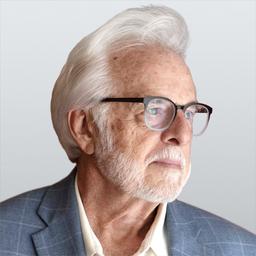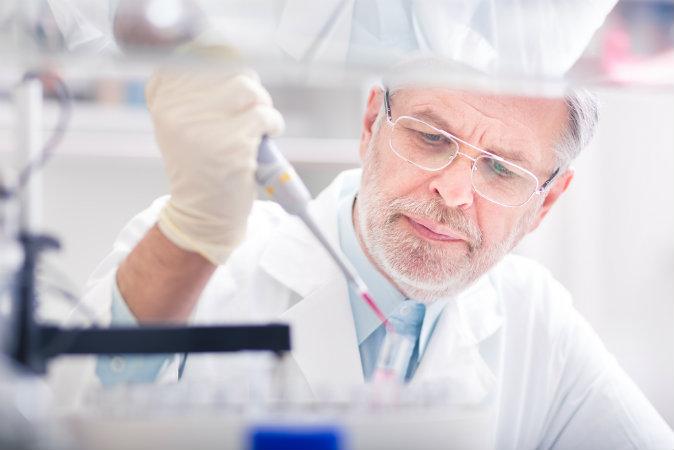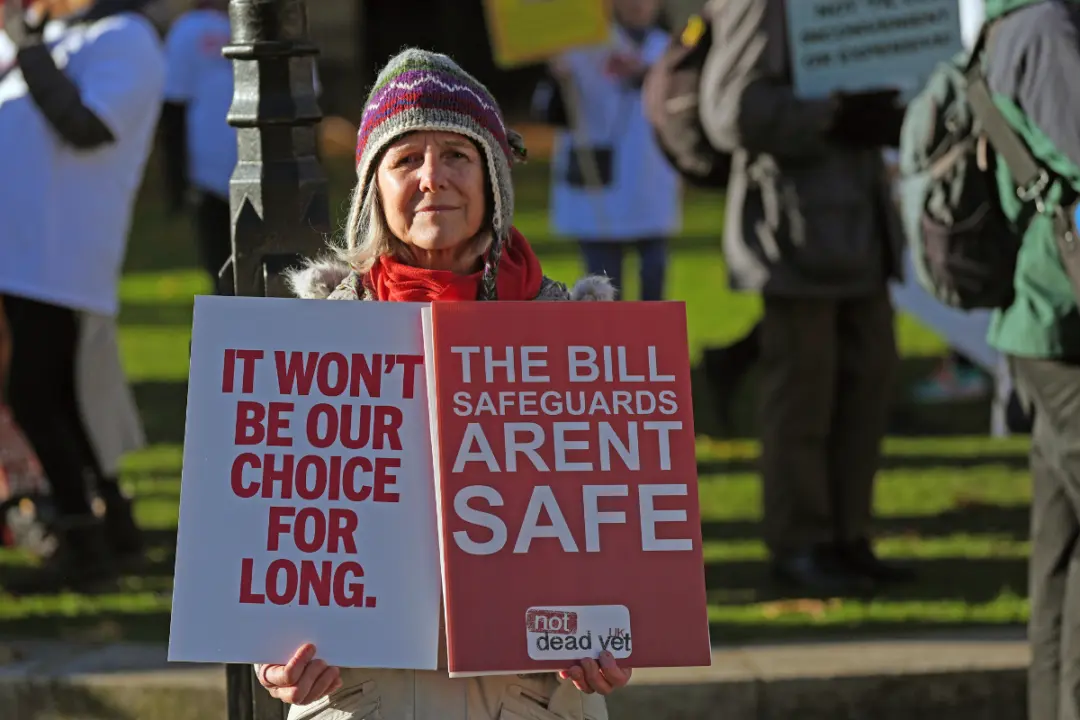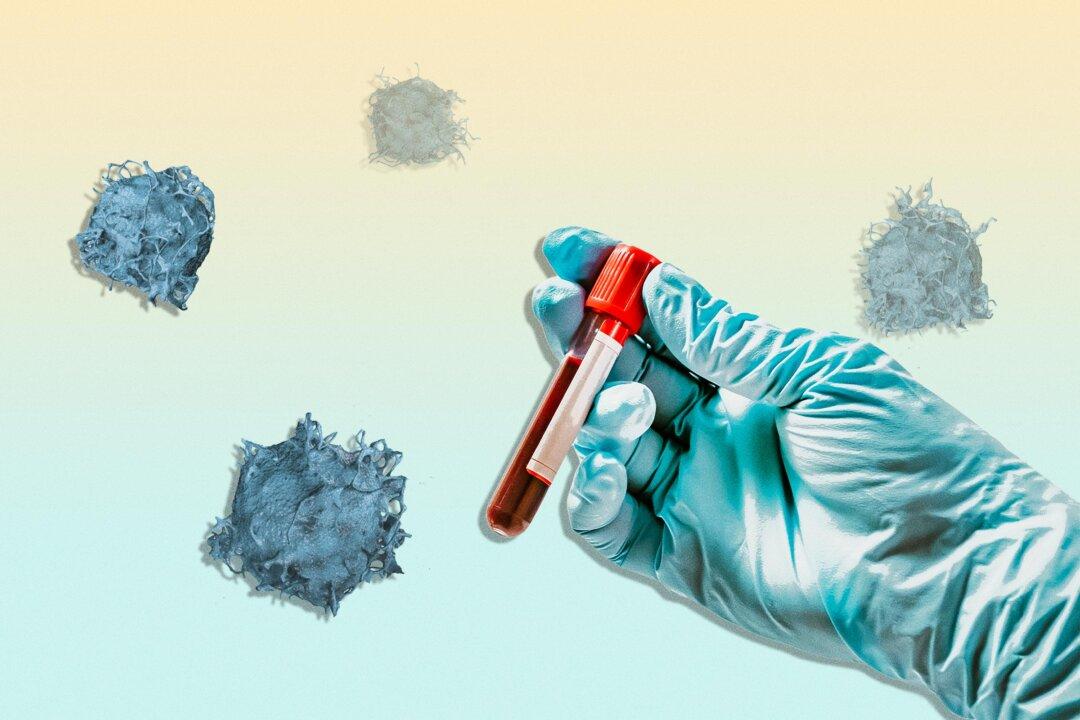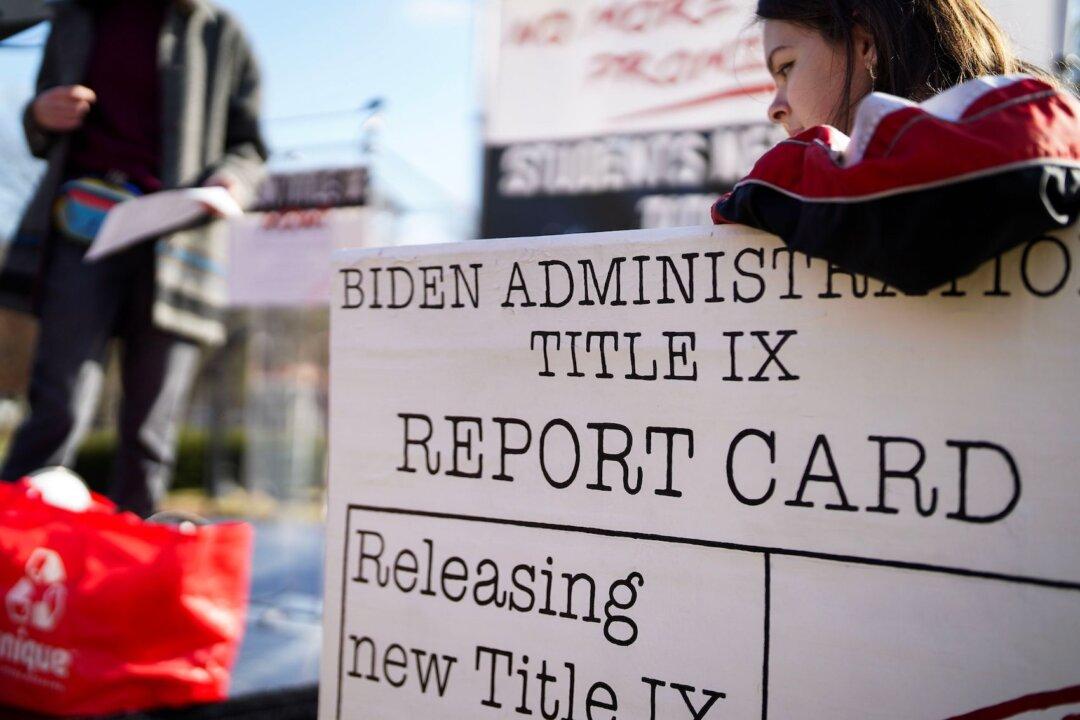Commentary
Starting in 2027, California will allow composting of the dead. Known officially as “natural organic reduction (NOR),” this novel final disposition process transforms the deceased’s body into soil to spread on gardens or in which to plant flowers or a tree.

